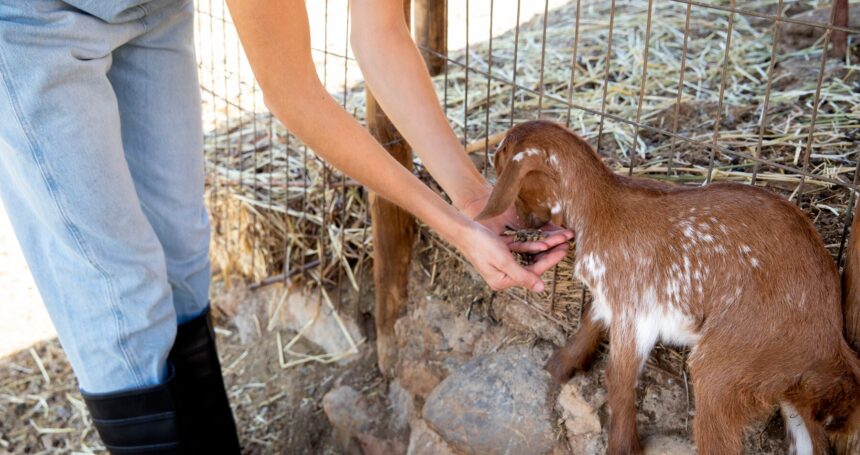Animal welfare in agriculture is an important topic that encompasses the ethical treatment of animals throughout their lives, from birth to slaughter. Ensuring ethical practices in South African agriculture is crucial for promoting the well-being of animals and maintaining sustainable and responsible farming practices.
To ensure animal welfare in South African agriculture, several key areas need to be addressed:
- Legislation and Regulation: Robust legislation and regulations should be in place to protect animal welfare. South Africa has the Animal Protection Act of 1962, which provides some level of protection for animals. However, continuous efforts should be made to update and strengthen these laws to reflect current scientific knowledge and best practices.
- Animal Husbandry Practices: Proper animal husbandry practices are essential for promoting animal welfare. Farmers should provide animals with suitable living conditions, adequate space, proper ventilation, and access to clean water and nutritious food. Regular veterinary care and vaccinations should be provided to ensure the health of the animals.
- Animal Transportation: The transportation of animals should be conducted with care and consideration for their welfare. Animals should be transported in vehicles that are appropriate for their species, size, and age. Adequate ventilation, temperature control, and protection from rough handling should be ensured during transportation.
- Slaughter Practices: The slaughter process should be carried out in a humane and respectful manner. The South African Meat Safety Act of 2000 provides guidelines for humane slaughter practices, including stunning animals before slaughter to minimize pain and distress. Proper training and supervision of slaughterhouse staff are crucial to ensure compliance with these guidelines.
- Animal Welfare Education and Training: Education and training programs should be implemented to raise awareness about animal welfare among farmers, farm workers, and relevant stakeholders. Training should cover topics such as animal behavior, welfare indicators, and appropriate handling techniques. It is essential to promote a culture of empathy and respect for animals within the agricultural sector.
- Monitoring and Enforcement: Effective monitoring and enforcement mechanisms are essential to ensure compliance with animal welfare standards. Government agencies, along with animal welfare organizations, should conduct regular inspections of farms, transportation vehicles, and slaughterhouses to ensure adherence to regulations. Penalties should be imposed for non-compliance to deter unethical practices.
- Consumer Awareness: Educating consumers about the importance of animal welfare in agriculture can create demand for ethically produced products. Labels and certification schemes, such as free-range or organic certifications, can help consumers make informed choices. Increased demand for animal welfare-friendly products can incentivize farmers to adopt ethical practices.
- Research and Innovation: Investing in research and innovation can lead to the development of more humane farming methods and technologies. For example, advancements in animal housing systems, feed formulations, and genetic selection can improve animal welfare outcomes. Collaborations between researchers, industry stakeholders, and animal welfare organizations can drive positive change.
By addressing these areas, South Africa can work towards ensuring ethical practices in agriculture and improving the welfare of animals. It requires a collaborative effort involving farmers, government agencies, consumers, and animal welfare organizations to create a sustainable and compassionate agricultural system.
Join 'Farmers Mag' WhatsApp Channel
Get the latest Farming news and tips delivered straight to your WhatsApp
CLICK HERE TO JOIN






